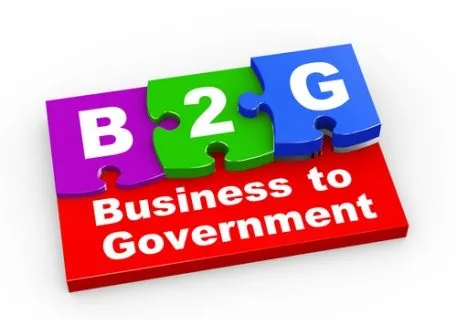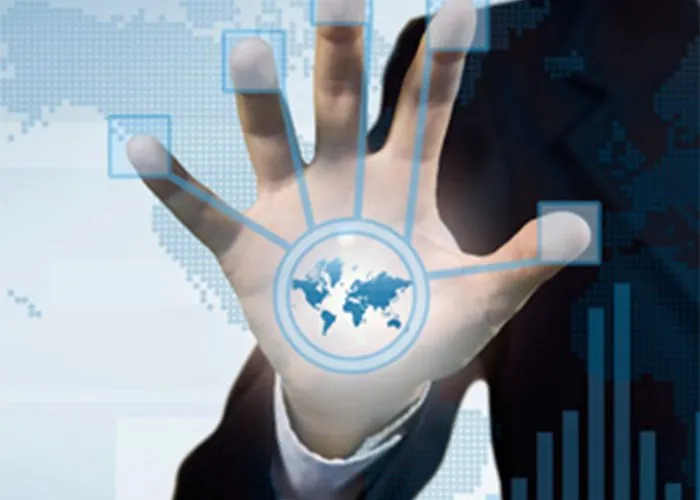By November 27, 2018, The EU member states are obliged to implement European e-Invoicing between the public sector and its suppliers. If the journey towards the widespread implementation of B2G e-invoicing trends in Europe, the economic savings are reported to reach up to 2.3 billion Euros throughout the European Union.
Here is the list of B2G e-Invoicing trends in Europe in 9 European nations running e-Invoicing projects:
Spain:
Announced in December 2016, whereby some 62,000 businesses meeting certain requirements were required to submit their VAT statements electronically as of July 1, 2017.
Encourage the global e-invoicing market to electronically exchange of tax documents and strengthen control of tax affairs with immediate information sharing, proposes electronic VAT bookkeeping.
United Kingdom:
In the United Kingdom, the National Health Service (NHS) is rolling out an eProcurement initiative whereby all transactions, purchasing processes and communications with the British public health sector are carried out electronically.
March 31 is the deadline for suppliers to adapt to the receipt of orders from NHS access points, and by September 30, 2017 they must be able to manage their billing with this system.
The Netherlands:
In the Netherlands, from 1 January 2017, the central government will only require e-billing from suppliers with contracts signed as of January 1, 2017, through its own platform, known as Digipoort. To connect to the Digipoort platform, it is advisable to obtain a solution integrated with your company’s ERP to make the process transparent and agile.
Italy:
The format used for exchanging e-invoices with government agencies has been extended to also allow e-invoicing between private companies from January 1, 2017. Starting next January 9th, the Exchange System will only accept e-invoices in the new 1.2 format, under the updated rules.
Also read: Electronic invoicing $ Payment Survey
France:
The starting date for mandatory e-invoicing with public administrations for larger companies is January, 2017.
Learn more: Electronic Invoicing in France: Latest Updates
French legislation sets a timetable for progressive adaptation, with medium-sized businesses due to joined scheme in 2018.
Germany:
Germany is currently working on a draft bill of the law scheduled to regulate e-invoicing in public procurement at federal level and currently pending its final approval. This hybrid format would consist of a PDF A3 and an embedded XML, so that it can be viewed easily, while simultaneously providing the option of integrating the necessary data into the ERPs of businesses wishing to automate the process.
Belgium:
In Belgium, the Flemish Government also steals a march on the European directive and is asking its suppliers to send and receive their bills electronically through its Mercurius platform as of January 1, 2017.
Poland:
In Poland, as of January 2017, companies with fewer than 250 employees and a business turnover of more than 2 million Euros must submit their records to the Tax Authority electronically. Poland is pursuing a progressive adaptation to this system. Larger companies have been adapted global e-invoicing trends since July 2016 and in January 2018 it will be the turn of SMEs and micro businesses.
Portugal:
Portugal has published Ordinance No. 302/2016, which regulates the standard XML format and allows easy export of a predefined set of accounting records in a readable and common format, designated SAF-T.
Conclusion:
If the public sector decides to exchange invoices in the electronic format, the global e-invoicing market has the tremendous multiplier effect on the broad scale market adoption. The adoption of latest B2G e-invoicing trends in Europe has resulted in additional 15-20% market adoption rate for the better homogenous environment. The objective of e-Invoicing is to achieve interoperability of e-Invoicing solutions in public and private sectors.
The full B2G e-invoicing trends in Europe yet to be implemented in practice. For more details read more: Recent B2G e-Invoicing developments in 9 EU member states
Get to know more interesting features, use online invoicing solutions like Invoicera with the host of features that includes:
- – Integration with legacy systems (ERP and CRM solutions)
- – Multicurrency and Multilingual support
- – Account receivable and account payable management
- – Custom workflow management
- – Online payments through 25+ payment gateways
- – Receive payments online
- – Financial reporting and analysis
- – Recurring billing
- – Client/vendor panels
Stay updated with Invoicera!














